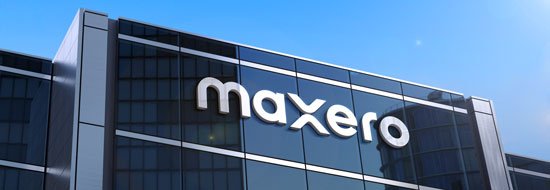Hyundai Motor India is making strides in the electric vehicle (EV) sector with the expansion of its Ultra-High Speed Public EV Charging Network. As of today, the 15th of February, 2024, the network boasts a total of 11 ultra-fast charging stations spread across key highways and cities in India.
The Drive Towards Electric Adoption
The automotive giant’s commitment to accelerating EV adoption and reducing range anxiety among customers is evident in this latest expansion. Each charging station offers three charging points, including DC 150 kW, DC 60 kW, and DC 30 kW units, providing a quick and efficient charging experience.
Quick Charging, Affordable Pricing
The Ultra-High Speed Public EV Charging Network promises to charge vehicles from 10% to 80% in a mere 21 minutes. Moreover, the charging sessions are competitively priced at Rs 18 per unit for the 30 kW Charger, Rs 21 per unit for the 60 kW Charger, and Rs 24 per unit for the 150 kW Charger.
A Promising Future
Hyundai Motor India has outlined ambitious plans for the further expansion of its charging network, aiming to reach 10 or more new locations by 2024 and install 100 charging stations by 2027 as part of an agreement with the Government of Tamil Nadu. This ongoing commitment to sustainable transportation solutions is a testament to Hyundai’s dedication to shaping a greener future.
With the expansion of its Ultra-High Speed Public EV Charging Network, Hyundai Motor India is not only making electric vehicles more accessible but also fostering a culture of environmental responsibility. As the lines between technology and humanity continue to blur, initiatives like these demonstrate the potential for collective progress towards a more sustainable world.
Key Takeaways:
- Hyundai Motor India expands its Ultra-High Speed Public EV Charging Network to 11 stations.
- Charging stations offer DC 150 kW, DC 60 kW, and DC 30 kW units for quick charging.
- Competitive pricing for charging sessions: Rs 18-24 per unit.
- Hyundai plans to expand to 10+ new locations by 2024 and install 100 charging stations by 2027.
[ad_2]
Source link




